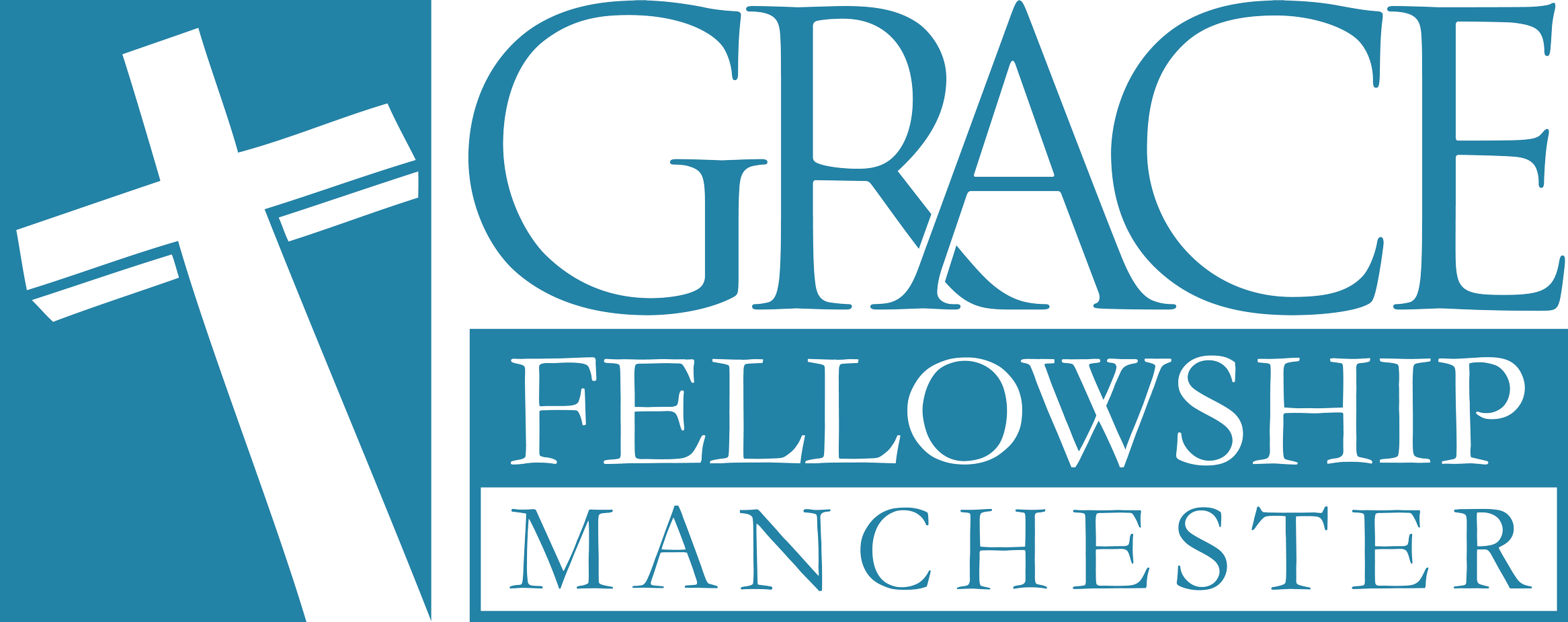>In this, Part 3 of our series: God’s Word Or The Book Of Common Prayer, Charles Spurgeon, makes a call for any true Christian who is using the Prayer Book, to stop fearing man before God, and return to Scripture alone as the only authority for the church. Part 1 can be read here. And Part 2 (article below).
In part 4 tomorrow, we will begin to look with Spurgeon at some of the rank heresies in the Prayer Book.
To close this point. Such an authority has a “Thus saith the Lord,” that it is not to be despised without entailing upon the offender the severest penalty. Samuel came to Saul with “Thus saith the Lord,” and bade him destroy the Amalekites. He was utterly to cut them off, and not to spare so much as one of them. But Saul saved the best of the cattle and the sheep, and brought home Agag; and what was the result? His kingdom was taken from him and given to a neighbour of his that was better than he; and because he exalted himself beyond measure to do otherwise than according to the letter of God’s command, he was put away forever from having dominion over Israel. And mark this word: if any church in Christendom shall continue, after light is given and after plain rebuke is uttered, to walk contrary to the word of God, and to teach that which is inconsistent with Holy Scripture, as Saul was put away from the kingdom, so shall that church be put away from before the Lord of Hosts…
…Many sorrows shall be to those who dare to dash themselves against the thick bosses of Jehovah’s buckler by opposing his “Thus saith the Lord.” Upon whomsoever this stone shall fall, it shall grind him to powder; and whosoever shall fall upon it shall be broken, to his own lasting damage. O my brethren! I would that we trembled and stood more in awe of God’s word. I fear me that many treat the things of God as though they were merely matters of opinion, but remember that opinion cannot govern in God’s house. God’s word, not man’s opinion, claims your allegiance. Remember that although our ignorant conscience may not accuse us of error, yet if we walk contrary to God’s word, our conscientiousness does not screen us from sin; for conscience is not the sovereign arbiter of right and wrong, but the plain word of God is the rule of equity. I do not sin so foully as if I sinned against my conscience, but I still sin, if, having an unenlightened conscience, I ignorantly transgress. But if I wilfully keep my conscience in darkness, and continue in errors which I might easily know to be such by a little thought and searching of God’s word, then my conscience can offer me no excuse, for I am guilty of blindfolding the guide which I have chosen, and then, knowing him to be blindfolded, I am guilty of the folly of letting him lead me into rebellion against God. O church of God! hear thou the voice of thy great Founder and Lord: “Whosoever, therefore shall one of these least commandments, and shall teach men so, he shall be called the least in the kingdom of heaven.” “He that hath my commandments, and keepeth them, he it is that loveth me: and he that loveth me shall be loved of my Father, and I will love him, and will manifest myself to him.” Oh for a stern integrity, that will hold the word, and will never depart from it, come what may. This much concerning the value of a “Thus saith the Lord.”

